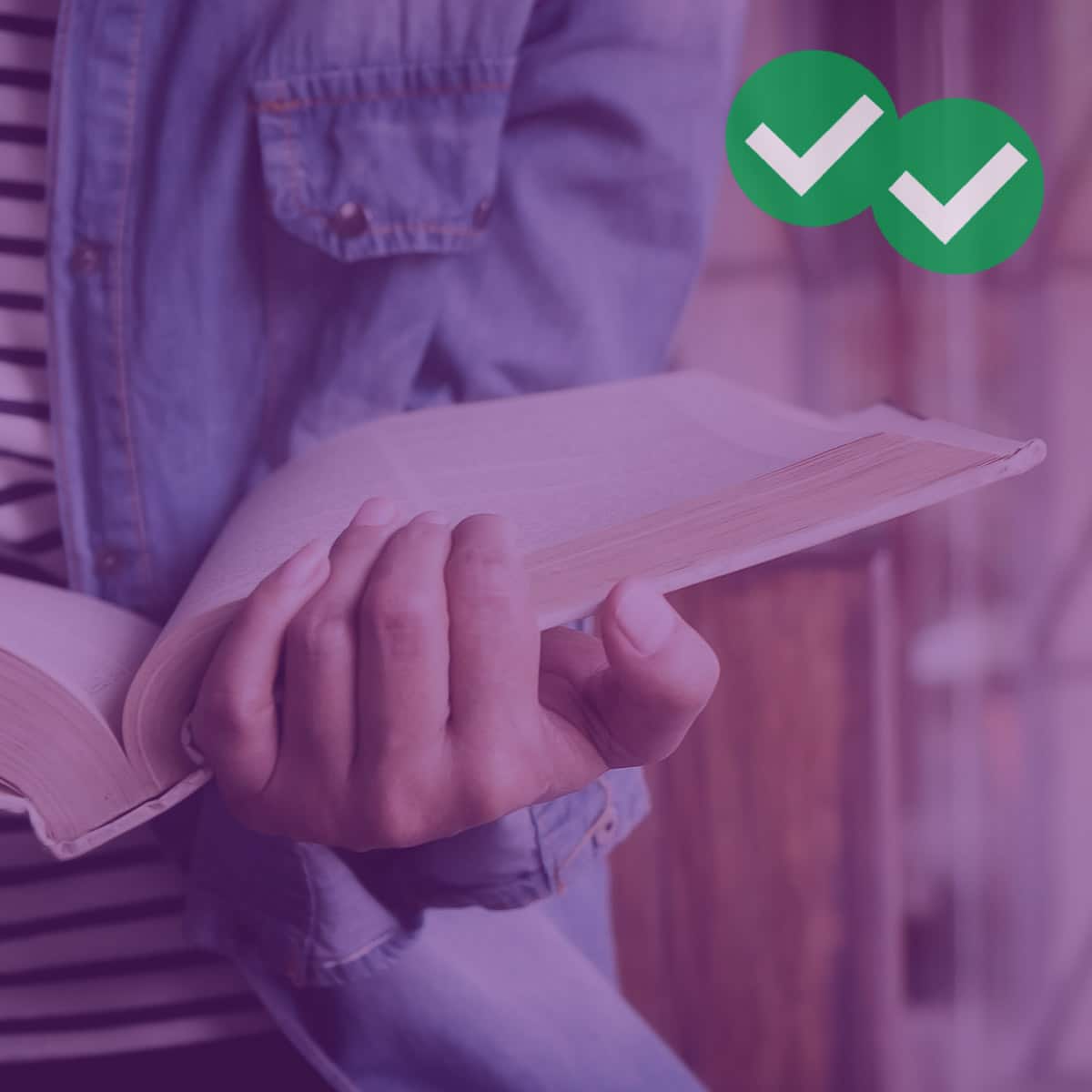
Wondering how to prepare for the GMAT? I’m here to offer you some tried and true GMAT preparation advice to help you reach your target score. Read to the end for bonus advice on how to prepare for a 645+ and even a 695+ GMAT score!
You may be wondering how scoring on the GMAT changed with the adoption of the new test format. Or you may have heard that a 700+ or 750+ score were the cream of the crop. Start your GMAT prep journey by watching our quick video on scoring changes or read a more in-depth score comparison.
Best Ways to Prepare for the GMAT
1. Give Yourself Time to Fail
While it can be very helpful to read hundreds of blogs and articles on ‘How to Prepare for GMAT’ or to talk to dozens of GMAT experts to understand what worked for them, research isn’t enough to ensure you reach your target score. The number one thing that will either make or break your GMAT preparation journey is this: the amount of time you give yourself to experiment with prep strategies and recommendations to find out the perfect combination for you. The single most important GMAT preparation tip is about how to use all the remaining tips in this post: allow yourself time to try a few different things out, fail, and then figure out what works best for you.
In general, people set aside about three months before their deadlines to get some solid studying in with minimal distractions. Get a personalized recommendation on how long to study for the GMAT with a quiz to get a better idea and then give yourself one month extra on top of that. The extra month will give you time to experiment with your studying pattern and figure out what works for you. It will also allow you to study without pressure knowing you have some margin to fail early on but still have enough time to reach your target GMAT score.
2. Know The Test
It is so often that students come to me after having spent dozens of hours preparing for the GMAT but are still unaware of the adaptive nature of the exam or what kinds of questions make up the Data Insights section. It is vital to get familiar with the GMAT format and structure before starting your journey. The directions on the GMAT won’t change on the day of the test, so you will save a lot of time on the exam day if you come in already knowing the format and the directions. Knowing how the test works will also help you study better. Remember that you aren’t just being tested on concepts, but also on your ability to think critically. Because the GMAT is an adaptive test, it’s a good idea to get familiar with the adaptive format in particular!
3. Focus on Accuracy First, Timing Later
The GMAT is a timed test, and students try to incorporate that into their GMAT preparations from Day 1. While this might sound like an efficient use of time, it, unfortunately, sets students up for failure. You need to remember that GMAT is about finding the correct balance between speed and accuracy. The best way to find that balance and, therefore, the best study for GMAT is to separate these two aspects and tackle them one at a time. Whenever you study a topic from the GMAT Quant, Verbal, or Data Insights section, always focus on accuracy first. Ensure that you can get 80-90% accuracy on the practice questions or topic tests you take. Don’t worry whether it takes you 30 seconds to solve each question or 3 minutes. Once you have consistently started to hit the 80% – 90% accuracy mark, you should bring timing into the fray and begin to notice the time it takes you to solve those questions.
4. Learn the Most Frequently Tested GMAT Concepts
It might not feel like it, but there is a finite amount of information that is tested on the GMAT. While it would be ideal to be an expert in every single possible topic to be tested, it would be disappointing to hyperfocus on one topic and find that it only has the slightest chance of showing up on the test. Begin by focusing your study on the big concepts that the test is building upon. For Quant that will be arithmetic, algebra, and “real life” problem solving topics like interest, profit, work, and rate questions. For Verbal you’ll be tested on how to evaluate arguments, identify ideas, and make inferences. The Data Insights section will test you on analyzing and making sense of data from graphics, multiple sources, and tables.
5. Work on Your GMAT Timing
The time limit on the GMAT puts a lot of structure around how long you can spend on each question. That’s because the test is computer-adaptive and you will only see one question at a time.
Be familiar with how much time you have to answer the questions for each section (total section time/number of questions per section). Once you are confident about your accuracy, time yourself while doing the practice problem to train your body to get a feel for how long 2 minutes really are.
In addition to getting into a rhythm for timing, work on your stamina, concentration, and focus. Now that the GMAT clocks in at just over 2 hours you may think that stamina isn’t that important.That’s a mistake! Remember that you’ll be asked to answer 64 questions in a compressed time with only one option 10 minute break. You’ll benefit from building up your ability to stay concentrated and focused during that test window. And don’t forget all the non-test things you can do to improve concentration, focus, and stamina. Getting good sleep, staying hydrated, and working on regulating your breathing can all help you keep your eyes on the prize.
6. Take Every Mock Test Like the Real Exam
So often, great students who have worked hard and are well prepared fail on the exam day due to pressure and anxiety issues. One of the best ways to overcome exam day anxiety is to simulate the test-day experience whenever possible and take every practice test in a test-like setting. I usually advise all my students that if you take every mock like the real exam, the real exam will feel like just another mock.
During your GMAT preparation, you’ve been building accuracy. It is also essential to build endurance for the duration of the test! Find a quiet place with a computer and pull up the free GMATPrep software or one of Magoosh’s practice tests (included with a Premium plan).
7. Be Aware of Your Strength and Weaknesses
As you study along with your GMAT materials, you are bound to make mistakes. Make a habit of learning from these errors by keeping a GMAT error log. Take time to revisit your error log and analyze the areas where you make frequent mistakes. This exercise might be difficult at first but will pay off in the long run since it will highlight the types of questions and content you need to focus on improving. It will put your weaknesses front and center and force you to work on them and better understand the concepts! Remember, if you’re a Magoosh GMAT premium user, our excellent Student Help team is available to answer all of your academic questions.
8. Practice, Practice, Practice
Expert GMAT advice is united on this point: The best way to apply your studying is to do tons and tons of practice questions. You’ll become familiar with the different ways the same topic can be tested, and you’ll uncover weaknesses that will help you hone in on areas for improvement.
Don’t be discouraged by getting practice questions wrong. Being able to understand why you got certain questions wrong will help you avoid making the same mistakes in the future. Better to get questions wrong in practice than on test day! Remember that GMAT error log you created, and don’t give up!






